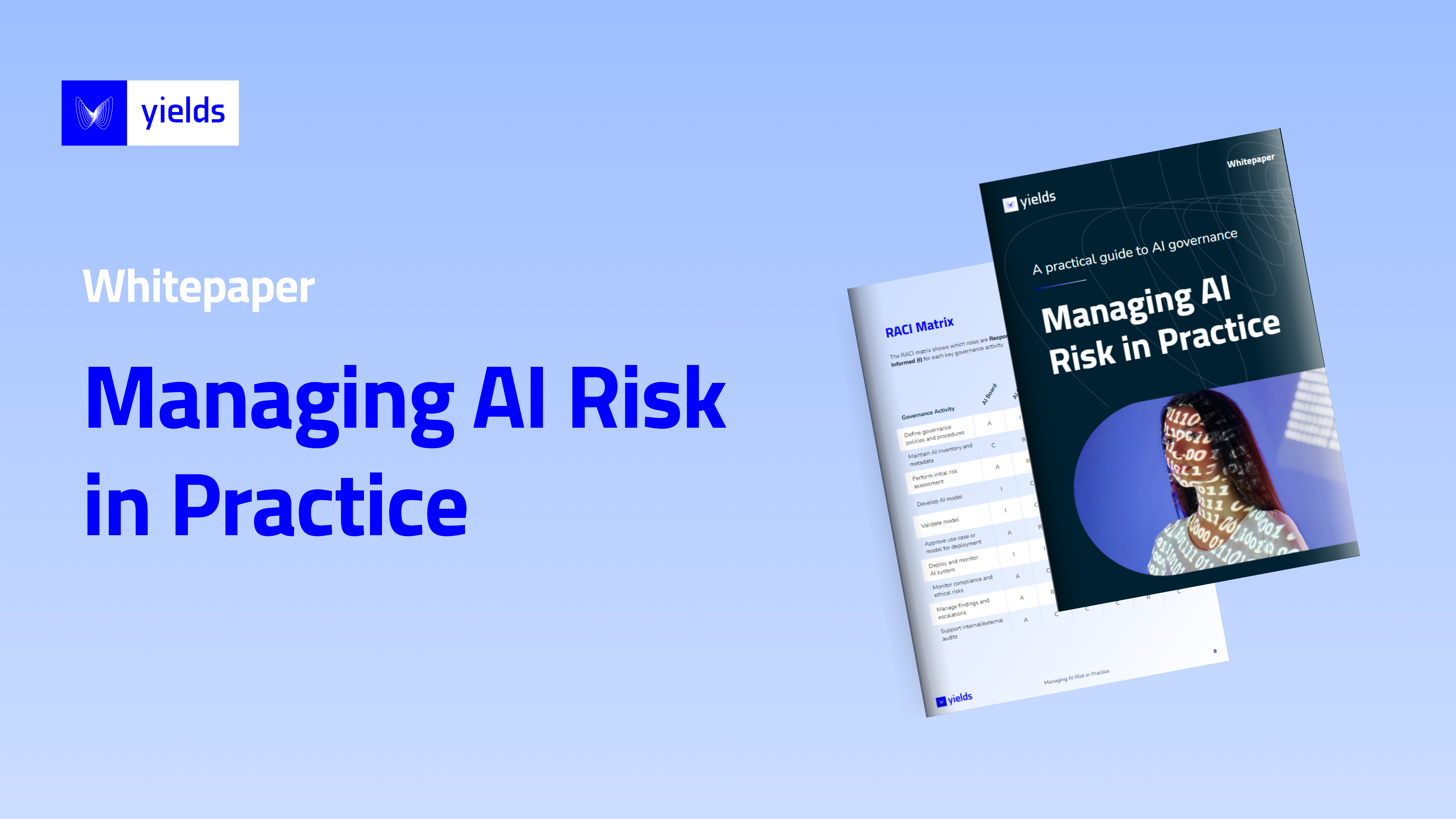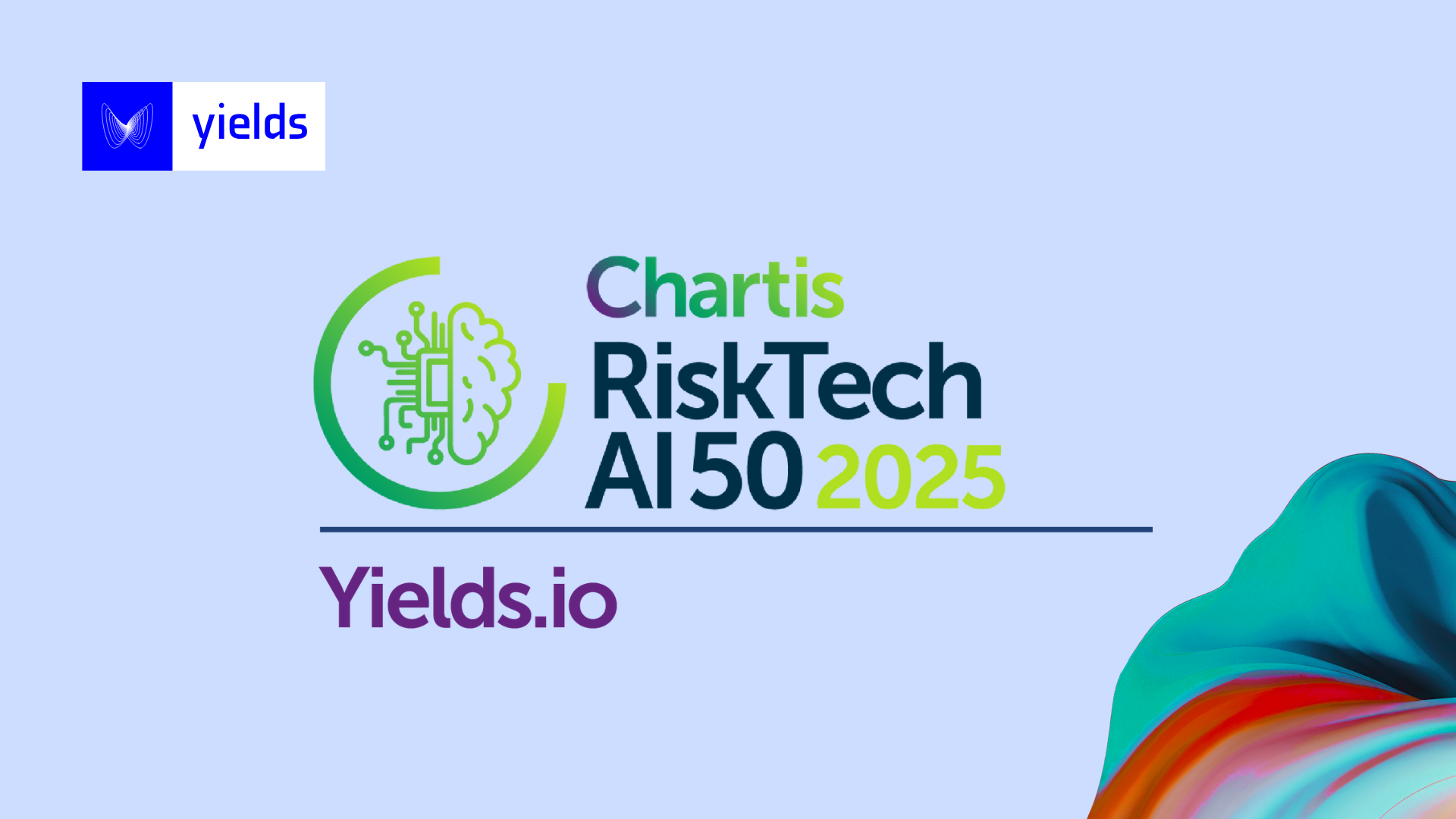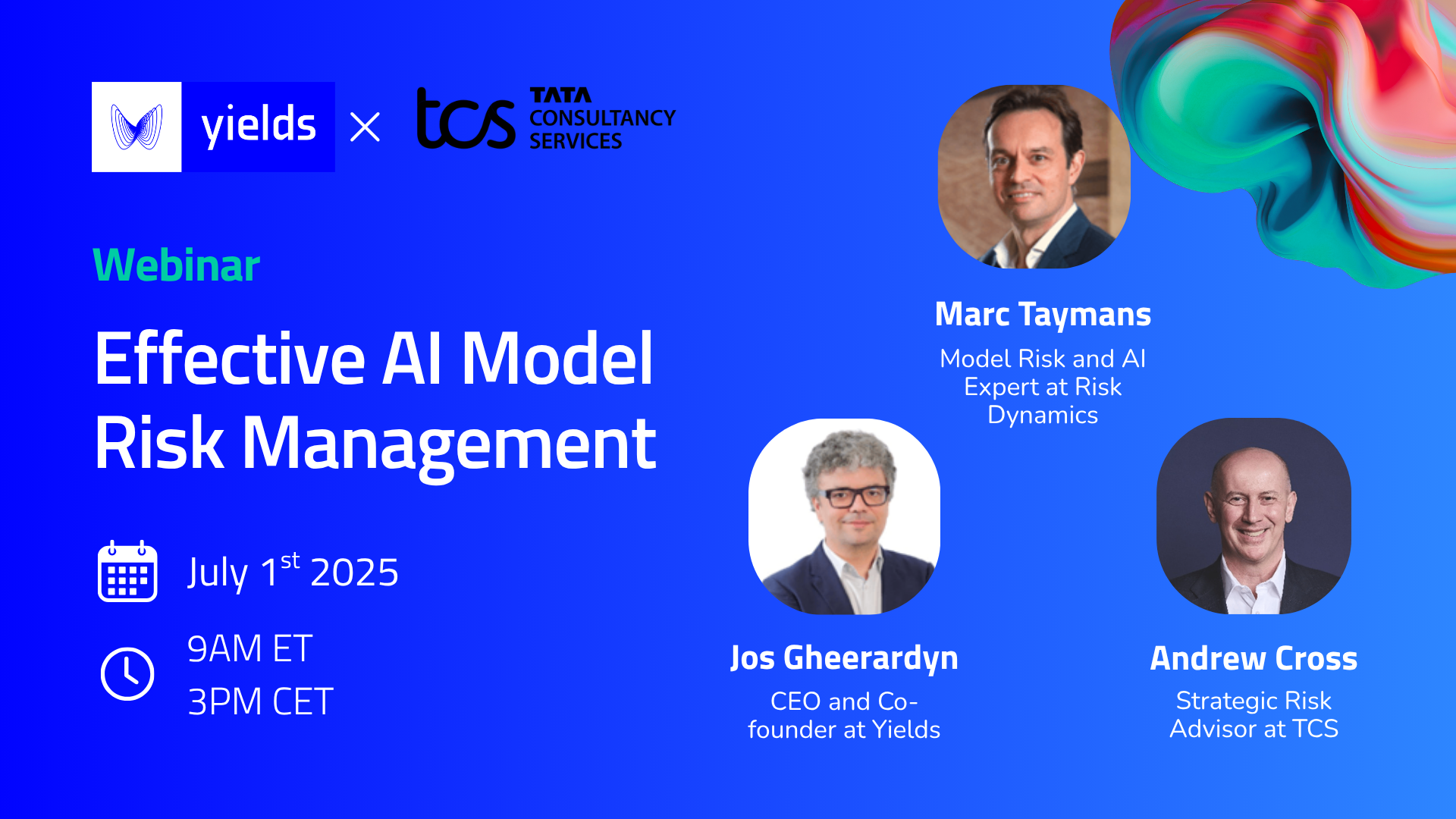In a recent webinar, Dr. Pooja Khosla, CEO and co-founder of Entelligent—a leading climate fintech firm—shared valuable insights on the intersection of climate modeling and financial markets. With a strong academic background as a lecturer at the University of Colorado Boulder, Dr. Khosla’s expertise bridges the gap between teaching and leading a company that focuses on translating complex climate data into actionable insights for businesses.
As she balances these roles, Dr. Khosla highlights the unique advantages of teaching, noting that it forces one to simplify complex subjects, a skill that benefits both her students and her company’s clients. By breaking down intricate climate models for a diverse audience, Dr. Khosla ensures that businesses and financial institutions can better understand and respond to the future impact of climate risks.
The Mission of Entelligent: Bridging Climate Models and Financial Insights
Entelligent, a climate fintech firm, focuses on transforming data from complex climate models into actionable insights that inform the financial world. By mining data from validated climate models, Entelligent predicts how various factors—such as energy prices and policy changes—will evolve under different climate scenarios. The firm specializes in forecasting the economic impacts of energy transitions, offering insights on commodities like oil, gas, coal, and renewables.
These climate models not only simulate future energy markets but also guide businesses in assessing the long-term risks and opportunities tied to environmental changes. The insights provided help financial institutions, asset managers, and corporations understand how different climate scenarios might affect their balance sheets, loan books, and trading portfolios.
With a global coverage of over 40,000 securities, Entelligent has built a reputation for translating environmental data into financially material outcomes. This information is critical for firms aiming to align their operations with global climate targets while maintaining profitability. Through partnerships with major financial institutions such as Société Générale, Bank of America, and Swiss Exchange, Entelligent empowers its clients to integrate climate risk into their decision-making processes.
Applying Climate Models for Strategic Risk Management
The application of climate models offers significant opportunities for risk mitigation and strategic planning in the financial sector. These models help forecast how energy prices and demand will shift in response to factors like carbon taxes, electrification, and broader policy changes. Entelligent uses these models to provide scenario-based predictions that support the development of climate-resilient investment strategies.
One of the key challenges for businesses is determining how these complex climate forecasts translate into financial terms. Entelligent has developed proprietary methodologies that map energy data to company-level financials, making it easier for stakeholders to assess the potential return on investments or exposure to risks over time. By focusing on actionable insights, Entelligent ensures that financial professionals can navigate the uncertainties of climate change with data-driven strategies.
Addressing the Challenges of Climate Risk Management
Despite the promise of climate modeling in financial risk management, several key challenges remain:
- Education: Many businesses are still unaware of the full extent of climate risk and how it affects their operations. Educating financial professionals and company leaders is crucial for driving broader awareness and adoption of climate-related risk management strategies.
- Validation: The validation of climate models is essential to ensure that predictions align with real-world outcomes. Benchmarking different models against each other, as well as against actual financial performance, helps to verify their accuracy. This validation process strengthens confidence in the models and supports more widespread use across the financial sector.
Adoption: For climate models to have a transformative impact, more institutions need to incorporate them into their risk management frameworks. Increased adoption, driven by a growing recognition of the financial materiality of climate risks, will further validate the models and encourage best practices in sustainable investing.
The Future of Climate Modeling in Financial Markets
Looking forward, the integration of climate modeling into financial risk management is poised to become a mainstream practice. As the global focus on sustainability intensifies, more businesses and investors will seek out tools that allow them to anticipate and manage the risks associated with climate change.
As climate models become more widespread, the exposure to issues with these models will increase. This is why model risk management will play a crucial role in properly understand the challenges and weaknesses of these models, ultimately leading to better predictions and an increased understanding of earth’s complex climate system.
For more insights on model risk management and to stay updated with the latest developments, subscribe to our newsletter and follow us on social media.




